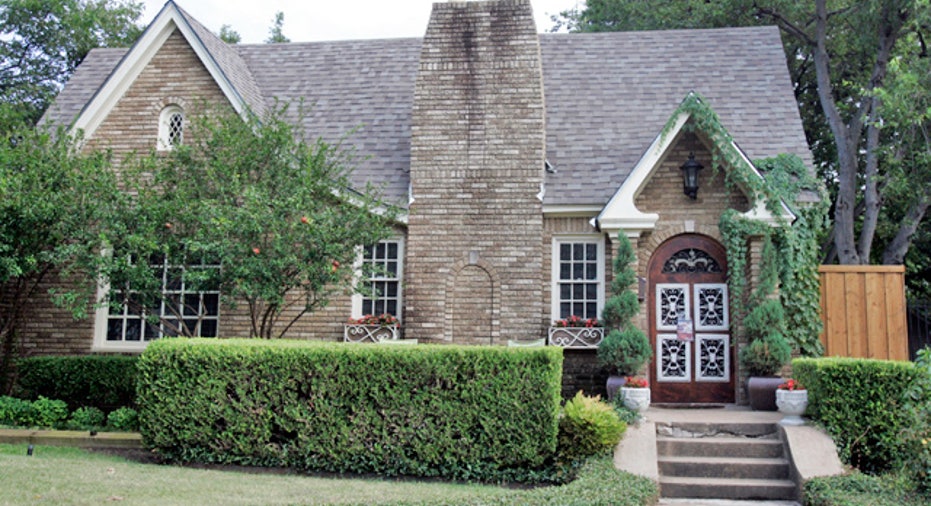Decision Points: Renting vs Buying a Home

Whether to rent or buy is a personal decision, with many important factors to consider. Many people prefer the flexibility of renting, and others want to the security of owning their own homes.
To help you choose the right path, here is a guide to the advantages and disadvantages of buying versus renting:
Buying Pros
When you buy a house, you are building equity and contributing to your investment portfolio. You may be find more personal enjoyment in owning your own house, as you can do almost anything to that home (barring any historical or zoning regulations).
While a lease typically prohibits any major modifications, you can feel free to renovate, construct an addition or paint the walls neon green if you so desire. On the financial end, buying a house comes with a handful of attractive tax benefits, such as a deduction for your mortgage interest. Over time, your mortgage payments could even be lower than monthly rent. If you plan to stay in one place for a long time, buying may be the right route for you.
Buying Cons
Perhaps the first question to ask yourself is whether or not you can afford the hefty down payment. The down payment can be the most daunting expense for buying a house, which can cost up to 20% of the property’s price. Consider your options carefully before you plunk your savings down into a house, and make sure to leave yourself enough funds to cover mortgage and moving expenses. As with any investment, buying a house involves some risk, and the market always has the potential to dip. You should also consider the additional costs of property taxes, homeowner’s insurance and general home maintenance.
Mary Hunt, author of Debt Proof Living: The Complete Guide to Living Financially Free, says that buyers frequently fail to factor in the cost of keeping a property. “Buyers often fail to count the cost of what it takes to own and maintain a home,” explains Hunt, “Everything from the lawn to the pool, the roof, property tax ‘creep,’ and don’t forget the electrical and plumbing systems.” In addition to maintenance costs, buying or selling property comes with financial fine print, including closing costs, realtor fees and possibly capital gains taxes.
Renting Pros
Renting encompasses a certain degree of freedom for most people. You may be committed to a one or two-year lease, but that is a drop in the bucket compared to a 30-year mortgage. Renting also generally comes with fewer financial strings. Expenses such as property tax and maintenance are built into your rent, which means you’re off the hook if the toilet breaks.
The up-front costs make up the greatest immediate savings for renters. Buying a home will cost you a hefty lump sum down payment, while renting usually only requires a security deposit and two months’ worth of rent. If you do not want to tie your cash up in a mortgage, renting may be the answer. People who are likely to relocate in the near future should definitely turn their attention toward renting, as the long process of selling a home will limit your mobility.
Renting Cons
After a few years, your monthly rent checks may cost you more than mortgage payments, reports the government-sponsored Ginnie Mae. In many places, regulations are in place to limit the amount your rent increases from year to year. Nonetheless, your rent may increase at a faster rate than inflation, and you would have no control over these changes. When calculating the cost of renting, you may have to factor in broker’s fees, which can amount to more than entire month’s rent. Perhaps the greatest drawback to renting is finding yourself without equity, even after years of monthly payments. In the long run, renting will not contribute to your overall wealth.



















